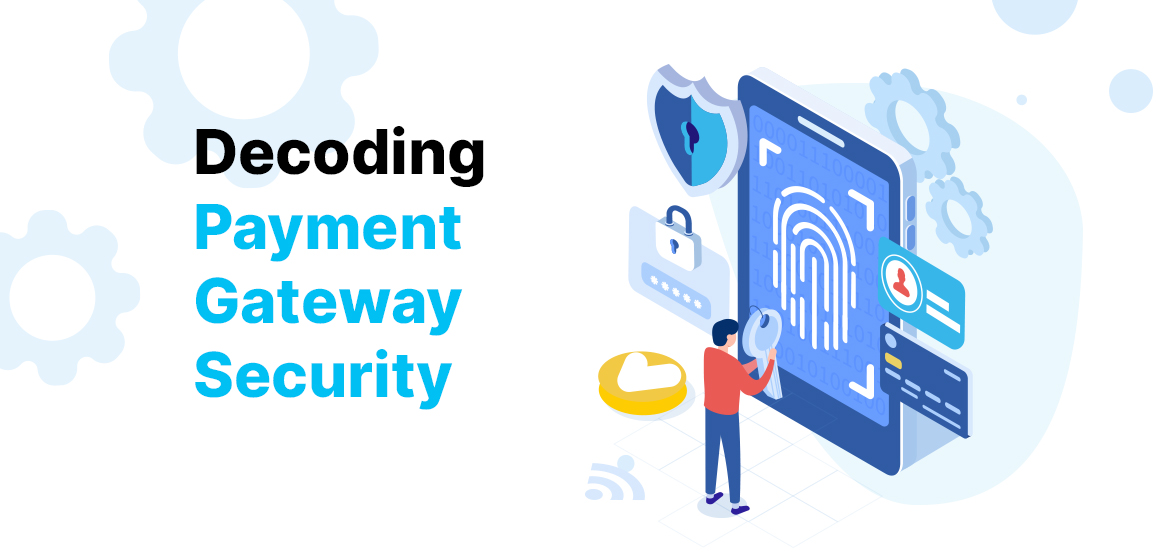Almost every organization that wishes to accept electronic payments must perform the critical task of comparing payment gateway solutions. Therefore, businesses seeking the best payment solution must understand how to contrast different payment gateway options. Determining the best payment gateway for an e-commerce or retail organization is, in reality, a challenging undertaking.
The decision-making process for choosing a payment gateway system may be straightforward for a new company with modest requirements. In essence, it could just come down to a decision between Square, PayPal, and Stripe. Choosing a payment gateway, however, could be trickier for large online payment platforms, SaaS businesses, and PayFacs.
Table of Contents
Payment Gateway Comparison Criteria
Before choosing which gateway provider to work with, a business must compare several payment gateways based on a number of factors. This criterion covers, among other things, interoperability with APIs and integrations, technical assistance provided by the gateway, card present logic and hardware, and instant/automated merchant onboarding. Further criteria must be taken into account, including those related to subscription and recurring billing, supported currencies, regions, intended features, and approved payment options.
This multi-criteria study may reveal that some gateways are most effective for SMEs with lower processing volumes and fundamental requirements. Some are more suitable for SaaS systems and payment processors that require greater control and customization.
Alternative gateway solutions
We will examine five gateway solutions in order to keep things straightforward. We made an effort to account for the interests of the broadest range of enterprises by choosing this specific collection of solutions. These range from small and medium-sized businesses to huge enterprises, from one-person startups to SaaS platforms, and from cryptocurrency-focused suppliers to those looking for omnichannel solutions.
When you consider the primary companies accepting electronic payments, PayPal and Stripe immediately spring to mind. Another significant company with a long history is Authorize.net. A typical illustration of a cryptocurrency payment gateway is CoinsPaid (compared to other suggested solutions that are not solely dedicated to cryptocurrency). Last but not least, Zift is an illustration of a payment gateway that specifically designs its Payments as a Service offering for SaaS businesses and software platforms.
Payment gateway evaluation criteria
The capacity of a gateway to handle popular payment methods and formats is the subject of the first group of critically crucial requirements. These include conventional credit and debit cards, online payment methods like ACH, and digital wallets like ApplePay and GooglePay. A gateway may also handle recurring payments in addition to local and international payment options.
The second set of requirements is concerned with the solution’s technological features. These consist of native terminal management systems, SoftPOS and mobile payment capabilities, and card-present solutions (TMS). We should emphasize the value of remote key loading methods and payment terminal fulfillment in card-present solutions, which considerably streamline solution logistics.
The final set of requirements focuses on the solution’s commercial characteristics. Customer-friendly assistance is one of the most crucial qualities in the context of this comparison guide. (We are speaking about the assistance provided to regular consumers, not VIPs at the strategic level.) The simplicity of merchant onboarding, as well as the availability of open-source and white-label solution versions, are further commercial considerations.
Payment Gateway Comparison: Recommendations
Five payment gateway choices were taken into account, and we developed comparative criteria as well as the advantages and disadvantages of each option. As a result, we can now provide some precise suggestions about the kinds of companies that might profit from particular gateway agreements.
- For startups and SMEs with lower processing volumes that cannot afford significant development and integration efforts, PayPal may be the best option.
- For SMEs, larger businesses, marketplace operators, and foreign merchants who are willing to make the necessary investment in the development process, Stripe may be the ideal option.
- For companies who currently have a merchant account and do not need to open a new one, Authorize.Net may be the best choice. Authorize.Net may also be used by companies that must adapt their current payment system to include new features. Finally, for charities and non-profits who need to collect donations, the Authorize.Net gateway may be a viable option.
- The most effective option for any business focused on cryptocurrencies is CoinsPaid. It may be used as a stand-alone white-label crypto payment gateway or as an addition to an existing omnichannel solution.
- Zift includes white-label payment technology. UniPay Gateway is the ideal choice for SaaS platforms and potential PayFacs (both full-service and white-label) who need to enroll and serve vast and diverse portfolios of sub-merchants. Among the solutions mentioned, Zift is the most customizable. If you require additional control over the money management process, you should choose Zift.





